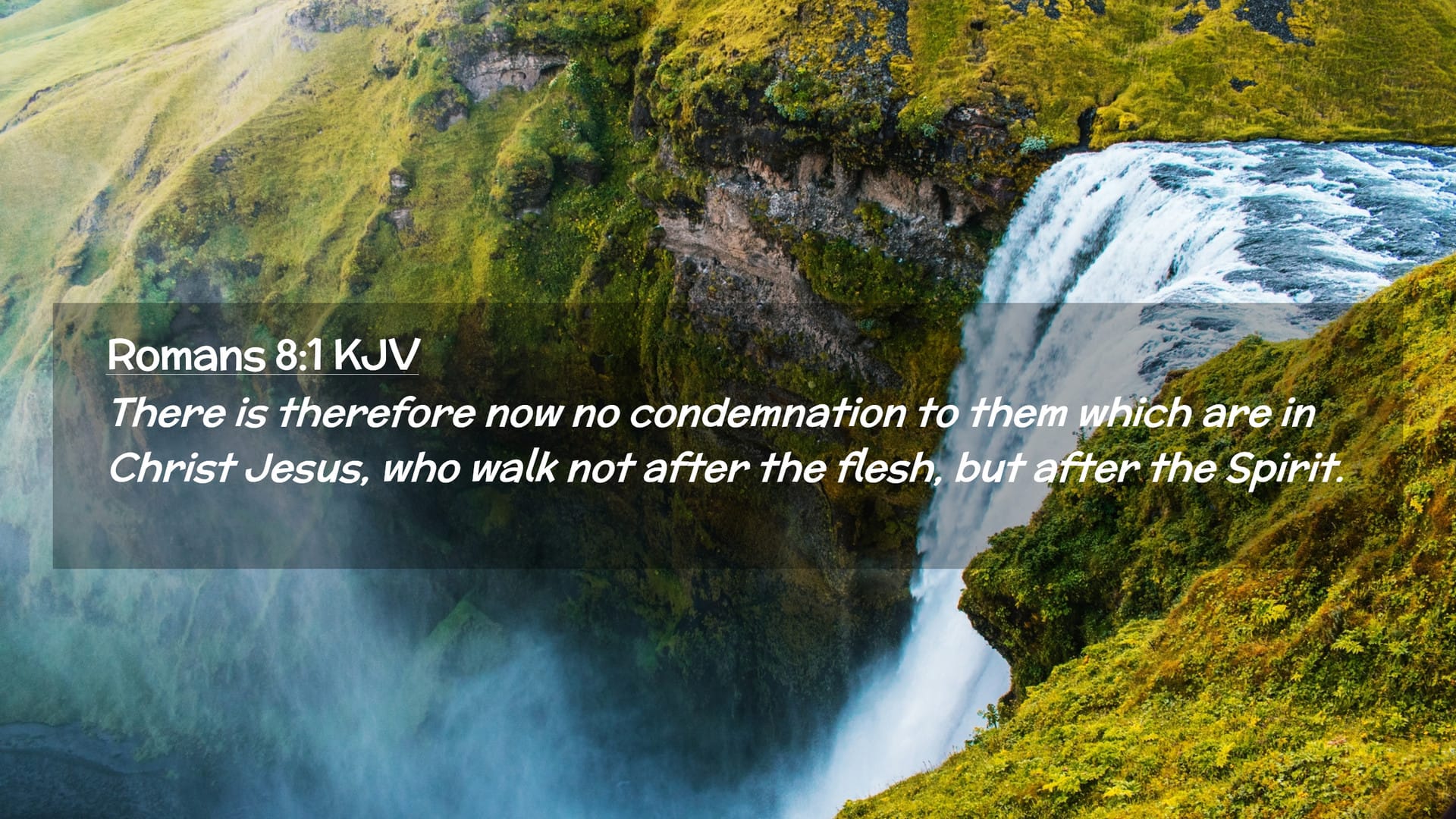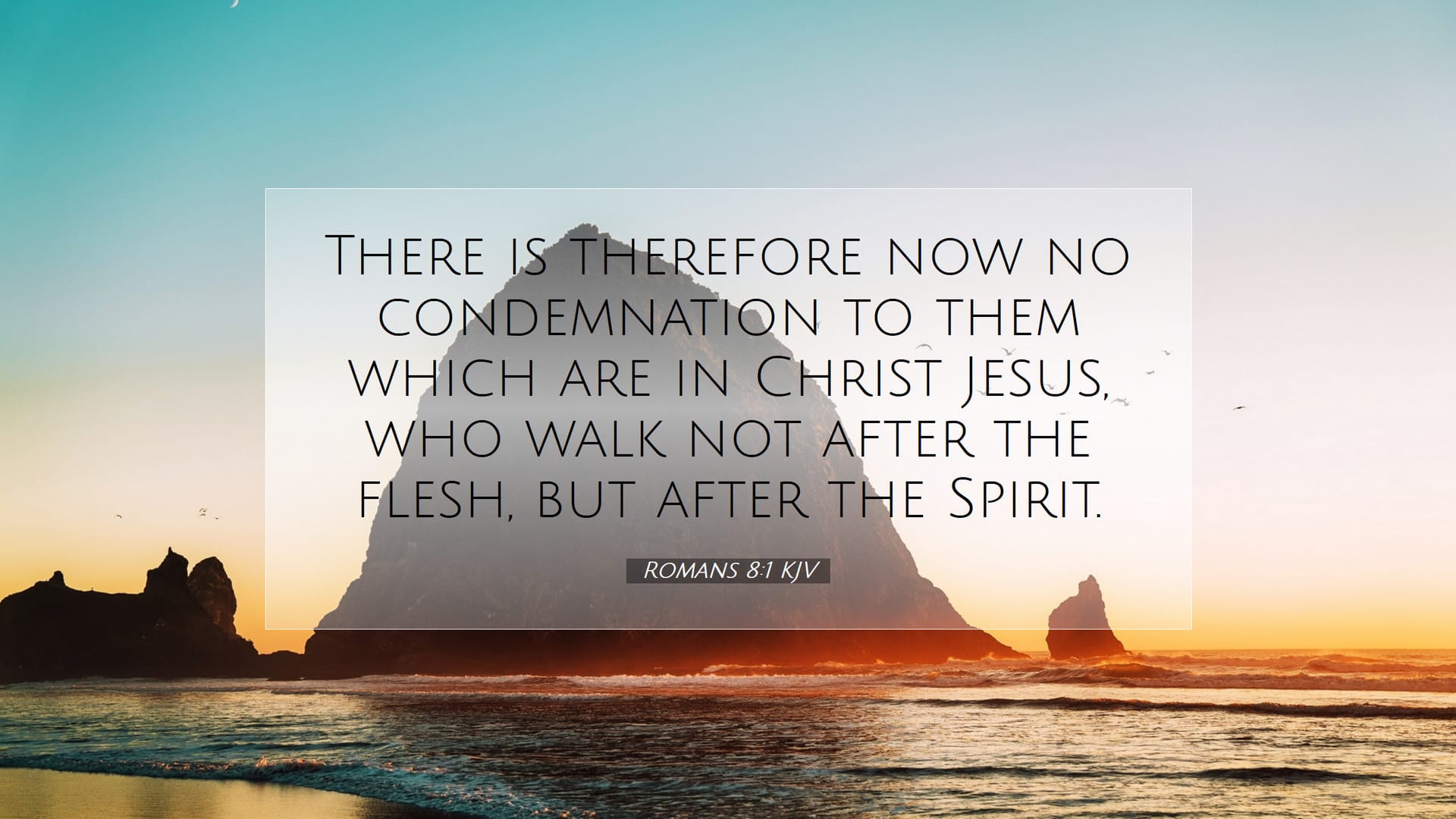Living Under Grace, Not Guilt

Many believers carry a weight God never intended. They believe in Jesus, yet feel constantly condemned, trapped in a cycle of sin, guilt, and shame. The Christian life for them becomes heavy rather than joyful, filled with self-condemnation rather than peace.
But the Bible clearly teaches that through Christ, we live under grace, not guilt. This truth changes everything from how we see God, how we view ourselves, and how we walk in the Christian life.
Guilt often lingers long after repentance. It whispers lies that God has not truly forgiven us or that His love depends on our perfect performance. But grace speaks louder. Grace tells us that our standing before God depends not on our righteousness but on Christ’s finished work. This is why Scripture says:
“There is therefore now no condemnation to them which are in Christ Jesus.” – Romans 8:1 (KJV)

To live under grace means we no longer desire to sin, we choose not to live in sin, and we no longer carry the crushing weight of past sin and guilt. Instead, we rest in the forgiveness and freedom Christ has purchased. Let us explore what it truly means to live under grace and not guilt.









1. Grace Frees Us from Condemnation
The first truth we must grasp is that grace sets us free from condemnation. Guilt reminds us of our failure, but grace reminds us of God’s forgiveness.
Romans 8:1 declares:
“There is therefore now no condemnation to them which are in Christ Jesus, who walk not after the flesh, but after the Spirit.” – Romans 8:1 (KJV)

All of our sins were placed upon Him at the cross. God no longer sees us as condemned sinners but as forgiven children clothed in Christ’s righteousness. This does not mean sin is ignored; rather, it means sin has been paid for in full. We must also strive to live holy and stay away from sin completely.
Psalm 103:12 tells us:
“As far as the east is from the west, so far hath he removed our transgressions from us.” – Psalm 103:12 (KJV)

The enemy often tries to drag us back into guilt. He is called “the accuser of our brethren” in Revelation 12:10. But when satan accuses, we can point to the cross where Jesus declared, “It is finished” (John 19:30). Because of grace, our sins are not only forgiven but removed from God’s record forever.
Living under guilt keeps us in bondage, but living under grace fills us with freedom and joy. We obey God not to earn His love but because we already have it.
2. Grace Teaches Us Holiness, Not Laziness
Some people fear that too much grace will lead to careless living, as if freedom from guilt will make us take sin lightly. But Scripture teaches the opposite. Grace does not lead to laziness; it leads to holiness.
Paul writes:
“For the grace of God that bringeth salvation hath appeared to all men, Teaching us that, denying ungodliness and worldly lusts, we should live soberly, righteously, and godly, in this present world.” – Titus 2:11-12 (KJV)

Notice that grace teaches us. It trains us to deny sin and live righteously. Guilt may force outward obedience through fear, but grace transforms the heart so that we desire holiness.
When we truly grasp God’s love and mercy, sin becomes bitter, and obedience becomes sweet. As Romans 2:4 says, it is “the goodness of God” that leads us to repentance, not the crushing weight of guilt.
Grace changes our motives. We do not pray, give, or serve because we fear God will punish us if we fail. We do these things because His love compels us.
As Paul says:
“For the love of Christ constraineth us.” – 2 Corinthians 5:14 (KJV)
Living under grace produces true holiness because it flows from gratitude, not guilt.
3. Guilt Pushes Away; Grace Draws Near
Guilt always drives us away from God. We see this first in the garden of Eden. When Adam and Eve sinned, “they hid themselves from the presence of the Lord God” (Genesis 3:8). Guilt causes us to run from God in fear, but grace invites us to run to Him for mercy.
Hebrews 4:16 gives us this wonderful promise:
“Let us therefore come boldly unto the throne of grace, that we may obtain mercy, and find grace to help in time of need.” – Hebrews 4:16 (KJV)

Because of grace, we can approach God with confidence, even after failure. We do not come crawling as condemned criminals but as beloved children. Grace opens the door for intimate fellowship with God.
David understood this when he wrote:
“Blessed is he whose transgression is forgiven, whose sin is covered.” – Psalm 32:1 (KJV)

Instead of hiding in shame, David found joy in God’s forgiveness. Grace removes the barriers of fear and condemnation, replacing them with peace and assurance.
4. Living Under Grace Brings Rest for the Soul
Guilt keeps the soul restless. It constantly whispers, “You are not enough. You have failed again.” But Jesus invites us to rest:
“Come unto me, all ye that labour and are heavy laden, and I will give you rest.” – Matthew 11:28 (KJV)

This rest is not the absence of work but the absence of striving to earn God’s favor. Under grace, we serve God from acceptance, not for acceptance.
💡 We rest in the finished work of Christ rather than in our imperfect efforts.
Hebrews 10:17 reminds us of God’s promise:
“And their sins and iniquities will I remember no more.” – Hebrews 10:17 (KJV)
Since God no longer remembers our sins, why should we carry guilt He has already removed? Grace brings peace because it assures us that Christ’s sacrifice was enough.
5. Grace Empowers Us to Move Forward
Guilt keeps us stuck in the past, replaying failures over and over. But grace empowers us to rise again and walk in newness of life.
Proverbs 24:16 says:
“For a just man falleth seven times, and riseth up again.” – Proverbs 24:16 (KJV)

The difference between living under guilt and living under grace is this: guilt leaves us in the dust of failure, while grace lifts us up and points us forward. Paul understood this when he wrote:
“Forgetting those things which are behind, and reaching forth unto those things which are before, I press toward the mark for the prize of the high calling of God in Christ Jesus.” – Philippians 3:13-14 (KJV)
Grace does not deny our sins but declares that Christ has already paid for them, enabling us to move ahead in freedom and victory.
6. Grace Produces Joyful Obedience
When we live under guilt, obedience becomes a burden. We serve God out of fear rather than love. But grace transforms obedience into joy.
Psalm 100:2 says:
“Serve the Lord with gladness: come before his presence with singing.” – Psalm 100:2 (KJV)

This is the heart of living under grace; glad, joyful service flowing from gratitude for what Christ has done. We obey not to earn salvation but because we already have it.
Jesus said in John 15:11:
“These things have I spoken unto you, that my joy might remain in you, and that your joy might be full.” – John 15:11 (KJV)
Grace fills the Christian life with joy rather than fear, peace rather than anxiety, freedom rather than bondage.









Conclusion: Resting in Grace, Walking in Freedom
Living under grace, not guilt, means resting in Christ’s finished work, walking in forgiveness, and growing in holiness through love rather than fear. It means we obey God not to earn His favor but because we already have it through Christ.
Romans 5:1 sums it up beautifully:
“Therefore being justified by faith, we have peace with God through our Lord Jesus Christ.” – Romans 5:1 (KJV)
Peace replaces guilt.
Joy replaces fear.
Love replaces condemnation.
This is the freedom Christ died to give us.
So, lay down the heavy burden of guilt. Run to the throne of grace. Rejoice in the forgiveness of sins. And walk in the freedom and joy of living under grace, not guilt. 🙌